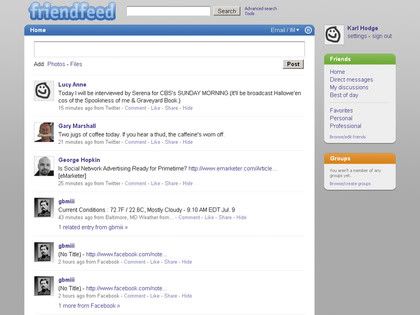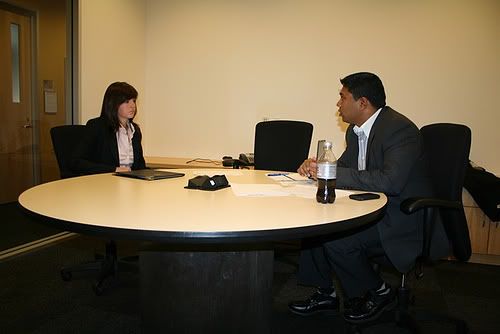The age old question about your resume
This post was written by Julie O'Malley, a Content Writer and Certified Professional Resume Writer (CPRW) at PongoResume.com.
When you're in high school, and even more so in college, your grade point average (GPA) can seem like the one-and-only measure of your success. But how important is your GPA after graduation? Should you put it on your
resume? Do employers really care if you had a 2.8 or a 3.0? Can a low score ruin your chances of getting hired? The answers may surprise you.
Just so we're all clear, GPA is a cumulative average of all the grades you've earned in your four (or so) years of classes. In most cases, a perfect score is 4.0. The average score is around 2.8 (depending on variables such as grade inflation).
Yes or No? Before I go any further, this advice is only for new grads. Once you have a few years of professional experience, your undergraduate schooling diminishes in importance. If you're still bragging about your GPA when you're 40, it might seem a little odd.
So what are the general rules of thumb?
1. Only put your GPA on your resume if it was
3.0 or higher.
2. If your total GPA was under 3.0, but the
GPA in your major was higher, put THAT on your resume.
3. Relevant summer jobs or internships will strengthen your resume more than just a high GPA,
so don't laser-focus on grades.
Don't forget, employers can ask for copies of your transcripts, so it’s important to
be truthful about your GPA, if asked.
Do Employers Really Care?Just how important is your GPA in the real world? A recent
Harris poll conducted on behalf of CareerBuilder asked 3,147 hiring managers and human resource professionals about this topic, and you may either be heartened or disappointed to learn:
62% require no minimum GPA;
31% require a 3.0 or above; and
11% require a 3.5 or above.
I think that's actually good news for grads on both ends of the GPA spectrum. Those who worked super-hard and got a super GPA will find employers that demand nothing less. And those whose excellence manifested itself in areas
other than academics can still find plenty of employers to value their contributions.
Bottom line: A high GPA is remarkable and should be emphasized on your resume. An average GPA isn't necessarily bad, it's just not particularly noteworthy. Since your resume is all about summarizing your most noteworthy accomplishments, leave out that 2.7 and focus on your other qualifications. And relax... by the time you're about five years out of college, GPA will be a non-issue.

















.jpg)








